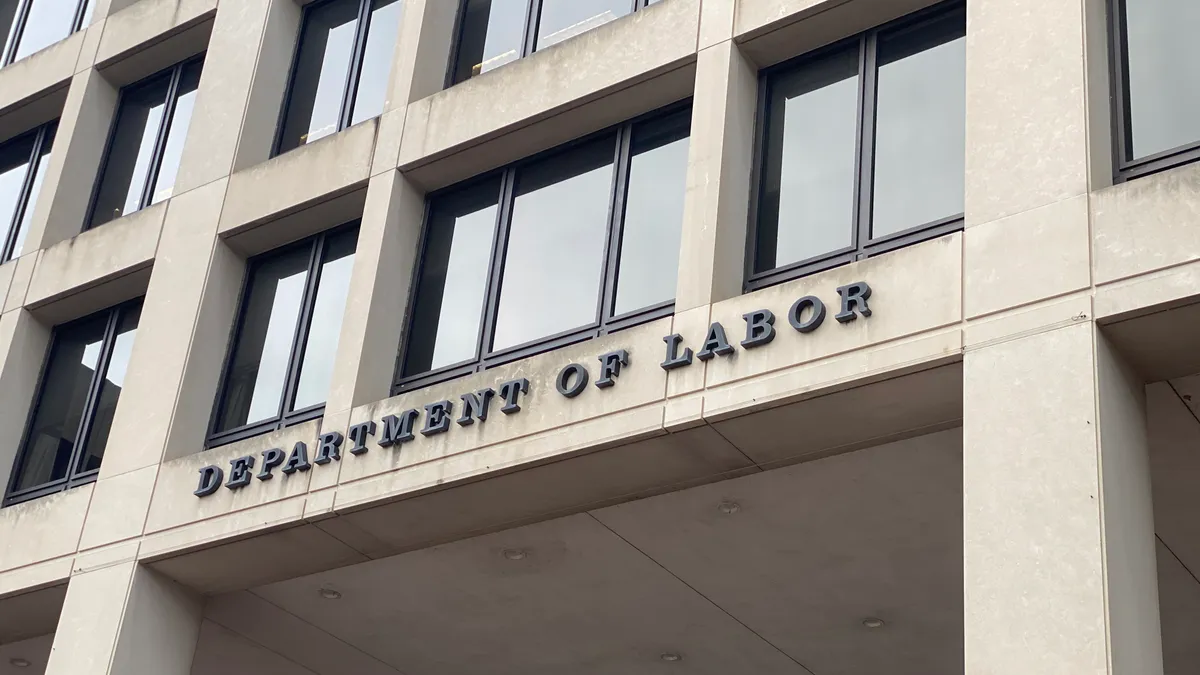Dive Brief:
- The U.S. Department of Labor on Monday withdrew a Biden-era rule that aimed to phase out a section of the Fair Labor Standards Act that allowed employers to pay certain workers with disabilities wage rates that fall below the federal minimum wage.
- DOL’s rule, announced last December, would have ceased issuance of new certificates that allow employers to pay subminimum wages to workers with disabilities, while giving those with existing certificates a period of three years to gradually end the practice. At the time, the agency said subminimum wages were no longer necessary to preserve employment opportunities for participating workers.
- On Monday, the agency said it received more than 17,000 public comment submissions in response to the rule. It ultimately concluded that “a nonzero population” of workers rely upon the subminimum wage certificate program, and the department lacked authority to end the program because it had been mandated by an act of Congress.
Dive Insight:
Section 14(c) of the FLSA authorizes employers who receive a certificate from DOL to pay subminimum wages to workers whose earning or productive capacity is impaired by a physical or mental disability, according to a DOL fact sheet. The section does not apply unless the disability actually impairs a worker’s earning or productive capacity for the work being performed.
The Biden administration sought to put an end to the program, however, citing a 2020 analysis by the U.S. Commission on Civil Rights. The USCCR analysis “concluded that payment of subminimum wages should be eliminated through a planned phaseout period” in part because, according to its findings, workers who participated under section 14(c) were “not categorically different in level of disability from people with intellectual and developmental disabilities currently working in competitive integrated employment.”
DOL also noted in its proposal that multiple state and local governments had prohibited or were in the process of phasing out similar programs, while “an increasing number of employers” also were voluntarily opting out of paying subminimum wages.
But the current DOL said that individual states’ decisions to end their subminimum wage programs were made pursuant to state laws, which “do not bear” on DOL’s statutory obligations under the FLSA. It also noted that 40,579 certificates were in use as of 2024, indicating that many workers continue to depend on the program for employment, despite that figure declining over the past two decades.
“That inference is bolstered by comments asserting that many individuals with significant disabilities would face unemployment, underemployment, or loss of ancillary services if 14(c) options were eliminated,” DOL said.
House Education and Workforce Committee Chairman Tim Walberg, R-Mich., supported DOL’s decision in a July 3 press release, stating that section 14(c) certificates “provide invaluable opportunities for individuals with physical and intellectual disabilities to learn meaningful skills and find personal fulfillment.”















